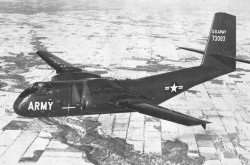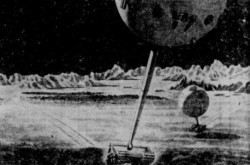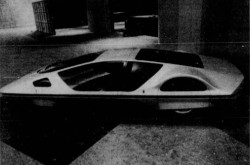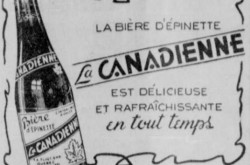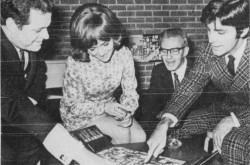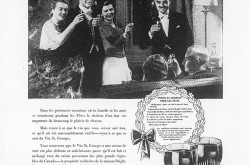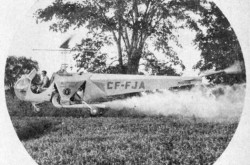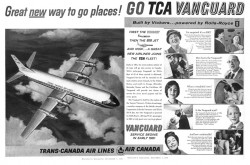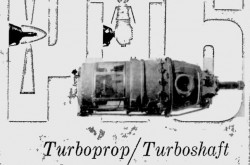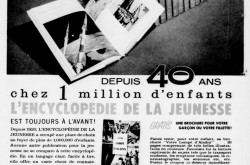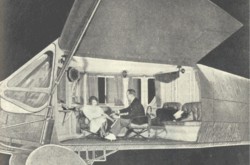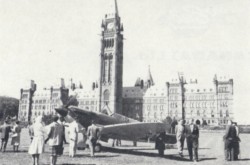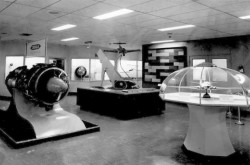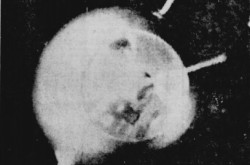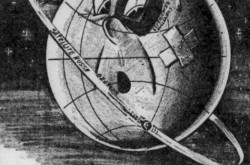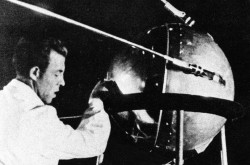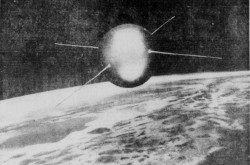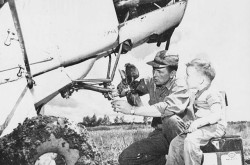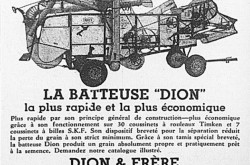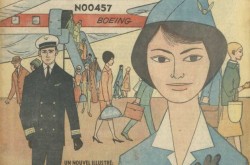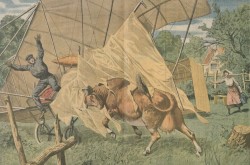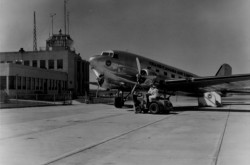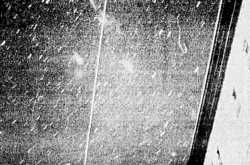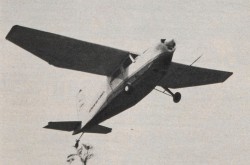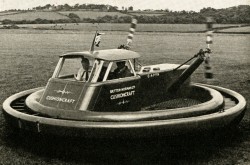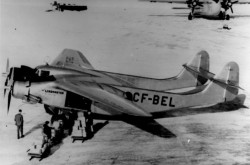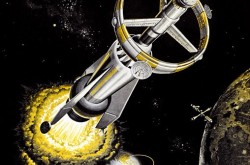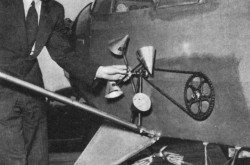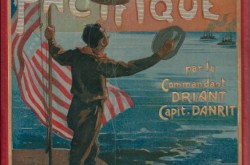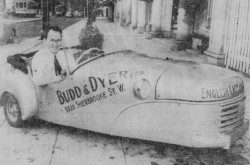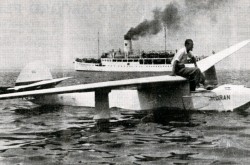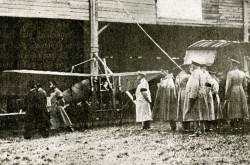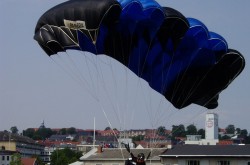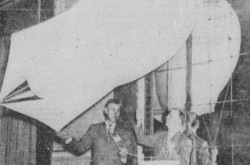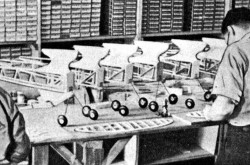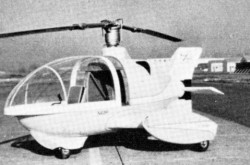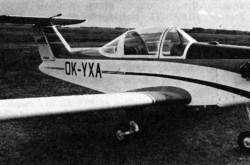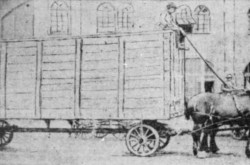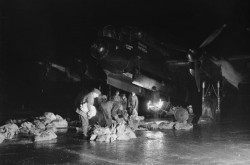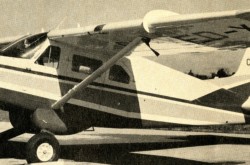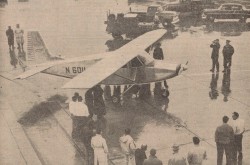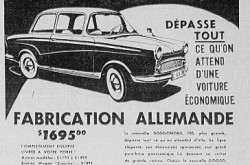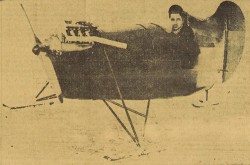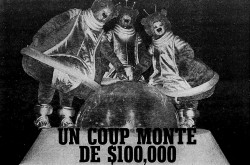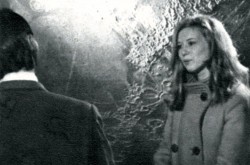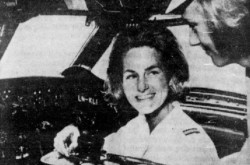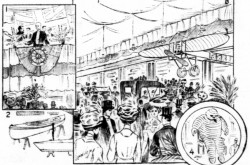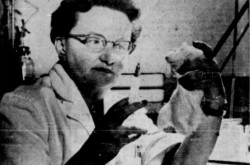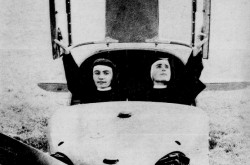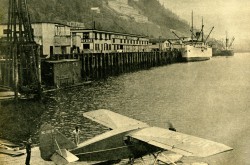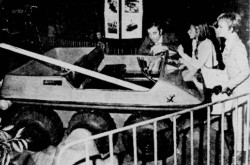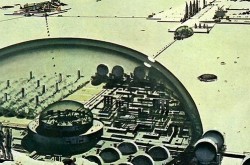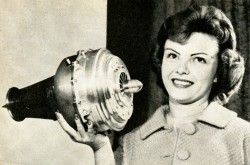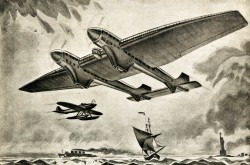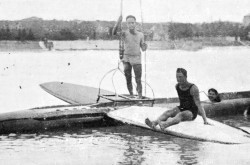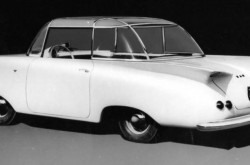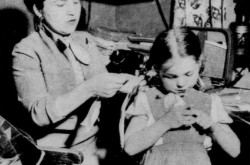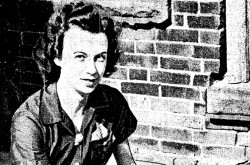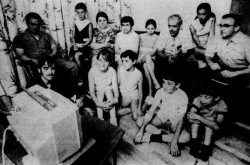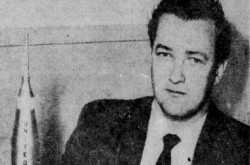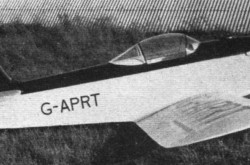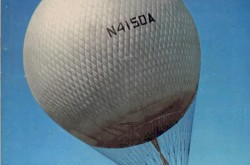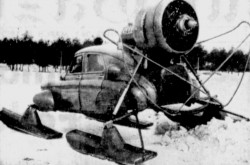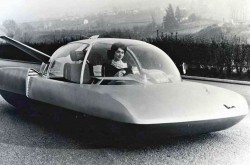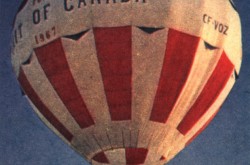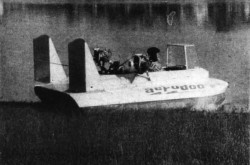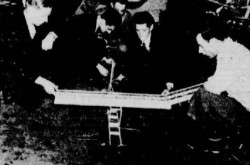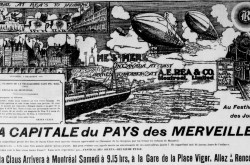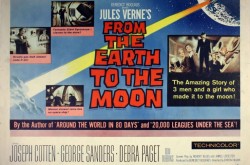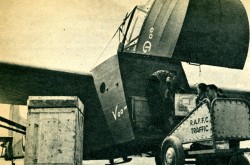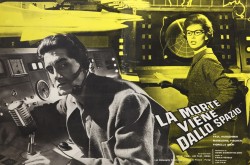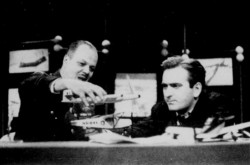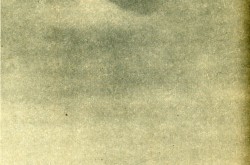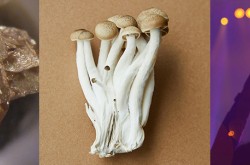The great victim of the Montréal beer war of 1925: Frontenac Breweries Limited of Montréal, Québec

Hello, my reading friend. Hoping that from time to time you let yourself be tempted by an alcoholic drink obtained by the fermentation of a mixture of vegetable products (wheat, rice and / or barley in most cases), consumed in moderation of course, in other words, a beer, yours truly would like to make you discover a Québec brewery well known in its time, Frontenac Breweries Limited of Montréal, Québec, and…
Do you have a question, by any chance, my reading friend? Two questions?! Heavens, be still, my heart! Sorry.
First question. Why use an advertisement from National Breweries Limited of Montréal, which appeared in the Montréal weekly Le Samedi, if the subject of this week of our blog / bulletin / thingee is Frontenac Breweries – a firm mentioned in an April 2021 issue of that same galactically known publication? Answer: The answer to this riddle can be found in the following paragraphs.
Second question. Why use the corporate name Frontenac Breweries, this firm being well known in Québec, in French, under the name of Brasserie Frontenac? Answer: To my great surprise, yours truly did not find a Brasserie Frontenac in La Gazette officielle de Québec. I only found Frontenac Breweries in that official publication, and this from October 1915 onwards.
This being said (typed?), Frontenac Breweries may have seen the light of day towards the end of July, or the beginning of August 1911. A new firm bearing that name was indeed mentioned in at least one Montréal daily. Marie Joseph “Joe” Beaubien was one of its 5 promoters, all of them Francophone men and all of them Montrealers.
Interestingly, in its own French-language advertisements, Frontenac Breweries used the name Frontenac Breweries at least until 1926. Mind you, it also began to use the name Brasserie Frontenac Limitée no later than November 1913.
Would you believe that, in a paragraph published in July 1912 in the Montréal daily Le Devoir, Frontenac Breweries was described, in translation, as a “Franco-American syndicate?” An article in a February issue of The Vancouver World of Vancouver, British Columbia, mentioned the creation of this firm by a small group of Canadians and Americans.
Construction of the brewery, said to be one of the largest in Canada, began over the following weeks. The building was inaugurated in October 1913 by the mayor of Montréal, Louis Arsène Lavallée, in the presence of around 2 000 people.
The first litres or, more accurately, the first imperial gallons of Frontenac beer were delivered even before the end of the month.
Would you believe that Frontenac Breweries had the luxury of publishing an advertisement that took up an entire page of an October 1913 issue of Le Devoir and of at least one other Montréal daily, far more important this one, La Presse? A few other dailies published a long article on the new firm.
Indeed, La Presse and Le Devoir published several advertisements of the firm over the following days.
According to the president of Frontenac Breweries, the aforementioned Beaubien, that firm was founded in part to fight against the alcoholism which affected the good people of Québec by offering them a healthy, nutritious and much less damaging substitute to the distilled alcoholic beverages of the time.
Beaubien, you guessed it, was a staunch supporter of prohibition. Indeed, the sale of alcohol and alcohol stores were strictly verboten in Outremont, Québec, near Montréal, during the 39 years of its mayorate. If the Outremontian city still held out against the invader, the demon alcohol was well and truly established in Québec for a good part of said mayorate. Let me explain.
In 1919, nearly 90 % of the municipalities in Québec, or about 1 150 cities, towns and villages, including Québec, the city that fun forgot, were said to be dry. There were, however, some cities where the buying and consuming of alcohol were legal. Let us mention for example, and that was a big example, Montréal – the metropolis of Canada and the Paris of the North.
The roman catholic church as well as the temperance movements, often under clerical control, thundering against the demon alcohol, the Premier of Québec, Sir Lomer Gouin, was forced to pass a prohibition law in February 1918. His enthusiasm for this concept being perhaps less than delirious, said law was not to go into force until May 1919.
Québec brewers, distillers, wine growers and importers therefore had ample time to prepare a counter-offensive. Their Comité de la modération had such an impact that Gouin found himself “forced” to hold a referendum, in April 1919. Responding to the massive Yes of the population, and no, there will be no comment regarding a Québec Yes in a referendum, Gouin put an end to wall-to-wall prohibition. Beers, ciders and wines containing less than 2.5% alcohol reappeared on the shelves. Prohibitionists were not amused.
Gouin having left the head of his party in 1920, the government of his successor, Louis-Alexandre Taschereau, showed originality by creating, in May 1921, a state monopoly, the first of its kind in North America, the Commission des liqueurs de Québec, which became today’s Société des alcools du Québec in July 1971. Beers, ciders and wines containing more than 2.5 % alcohol reappeared on the shelves and products containing less than 2.5 % alcohol soon disappeared. Prohibitionists were not amused. At all.
And yes, unless I am mistaken, in 1921 Québec became the only so-called wet territory on the North American continent. It also became, oh surprise, a vacation destination for a big multitude of Americans, not to mention a small multitude of anglophone Canadians, looking for a good time.
And please leave your goody two shoes act at the door, my reading friend. Between a glass of turnip juice and a glass of beer, your ancestors did not beat around the bush for a very long time.
And yes, Gouin and Taschereau were mentioned in our blog / bulletin / thingee, in May and October 2020 issues, on the one hand, and in April 2019 and May 2020 issues, on the other hand, but I digress. A bit much.
How about a few words about Beaubien, my reading friend? Good answer.
Beaubien was born in Montréal in February 1865 into a well-to-do, not to say rich, family. Serious vision problems led him to Paris, France, around 1882, where a surgeon made an unimaginable blunder. And yes, that bozo operated on the wrong eye. Beaubien returned to Montréal blind on one side.
In 1920, Beaubien became the founding president of the Association canadienne-francaises des aveugles Incorporée of Montréal. Aware of the problems faced by non-sighted people, he took advantage of his role as president of Frontenac Breweries to give work to a few of them.
In 1899, Beaubien entered municipal politics in Outremont, where he lived with his wife, Marie Joséphine La Rue. He presented himself as alderman and was elected by the skin of his teeth, apparently in February. A comment made (in public?) during the campaign, in translation, may not have helped him: “My family pays a quarter of the taxes. I should have some say.” Wow…
As was said (typed?) above, Beaubien acceded to the mayoralty of Outremont. He did so in 1910. He was the first francophone to occupy this post, created in 1875. Beaubien was a reformer who played a capital role in the history of Outremont. It was under his leadership that this city became the fanciest residential site on the island of Montréal – a model city where the language of use of the municipal council was for a long time English, a use which reflected the numerical and monetary importance of the anglophone community of Montréal.
A founding member of the Union des municipalités du Québec in September 1919, Beaubien headed that organisation until 1938.
Did you know that Outremont was the first city in Québec, Canada and, it seems, the world, to use a snowblower? I kid you not. In December 1927, the city bought one of the first snowblowers made by Quebecer Arthur Sicard. Municipal leaders did not regret their purchase. The snowblower worked beautifully, as was seen in a short film shown at the city council meeting of February 1928. End of digression.
Like a great many businessmen of the day, Beaubien did not like unions very much. In 1914, after about 15 months of efforts to organise, which would have been a first for the Québec brewing industry, the staff of Frontenac Breweries had to admit defeat. Yours truly dares to hope that management did not lay off activists.
And yes, I must admit that I rather like union people, the gentlepeople who gave me paid holidays, a retirement pension, a reasonable work week and many other things I often take for granted, but I digress.
Aware of the importance of boosting sales, the management of Frontenac Breweries multiplied initiatives. In October 1923, for example, the firm’s fanfare offered the first of a series of concerts to the listeners of Montréal radio station CKAC, then owned by La Presse. A female singer and two male singers performed classical and popular tunes. Everything took place on the Frontenac Breweries factory site, in the cafeteria and / or the bottle washing room, said factory becoming a CKAC satellite studio of sort for many years.
In December 1926, a famous Montréal jazz pianist of British origin, Vera Guilaroff, made an appearance which did not go unnoticed. In November 1927, the Troubadours de Bytown, a Franco-Ontarian folk quartet founded that year, the 60th anniversary of Confederation, by well-known Joseph Charles Édouard Marchand, made an appearance which did not go unnoticed either.
On more than one occasion, many Montrealers participated in dance evenings – an activity which, hell and damnation, displeased the roman catholic church.
Would you believe that information about Frontenac Breweries radio concerts appeared in dailies published in American states as far from Montréal as Florida and Ohio?
By the way, the radio concerts and other musical activities which took place at the Frontenac Breweries factory were under the aegis of a son of Beaubien, Pierre Beaubien.
That young gentleman may, I repeat may, have been involved in the creation of the first radio quiz in Québec, or even in Canada. Hosted by Roger Baulu, the prince of advertisers and a giant of Québec radio and television mentioned in a November 2019 issue of our blog / bulletin / thingee, Radio Encyclopédie went on the air in September 1936, at CKAC. The last episode of this show apparently sponsored by Frontenac Breweries appeared to air in September 1948. Yours truly does not know, however, if Baulu was still on the microphone at that time. Another well-known Montréal host, Ferdinand Biondi perhaps, may well have taken his place, but I digress.
Some Frontenac Breweries publicity stunts made a lot of decent people jump. In April 1924, during 3 evenings, for example, the brewery invited male Montrealers and, perhaps even more, female Montrealers to a tasting of its beers. There was a variety of music and entertainment, more hell and damnation, not to mention guided tours of the brewery. All these beautiful people were offered a large (approximately 625 millilitres / 22 fluid ounces?) bottle of Frontenac Export top-fermentation beer. According to some people who denounced this kegger, more than 50 000 litres of beer (11 000 Imperial gallons / 13 200 American gallons) were given as gifts or consumed on the spot – a total which seemed a tad exaggerated, but who knows?
In February 1925, Frontenac Breweries placed coupons valued at $ 1 or $ 5 (about $ 14.75 and $ 74.85 $ in 2021 currency) inside some caps of its beer bottles. This treasure hunt deeply annoyed its rivals, Molson Breweries Limited of Montréal and the aforementioned National Breweries. Indeed, these breweries challenged in court the legality of this action, which they claimed was unfair and illegal. The coupons not being found under all the capsules, said action was for all intents and purposes a lottery, which contravened the criminal code. Frontenac Breweries defended itself with force.
At the beginning of March 1925, Molson Breweries, National Breweries and Frontenac Breweries, which actually had no real choice, reduced the price of their products, whether they were sold by the bottle, the dozen of bottles or the barrel. A second price reduction came even before the end of March, which did not affect the price of a barrel of beer. Information about the new prices was somewhat contradictory. According to some, the price of a case of 12 bottles dropped from around $ 1.70 to around $ 1.10, and sometimes around $ 1.00.
In 2021 currency, these amounts correspond to a little over $ 26 on the one hand and approximately $ 16.90 and $ 15.40 on the other hand. By comparison, in Ontario, in 2021, a 12-bottle case of major brand beers sold for just under $ 24 to just over $ 27, but I digress. Again.
A beer war thus broke out in Montréal in March 1925. According to many, the winner(s) would be the firm(s) with the greatest resources. Indeed, the breweries involved in this conflict were probably selling their beer at a loss. Dare we say that Frontenac Breweries was no match for its rivals?
In August 1925, Montréal businessman Joseph Donat Raymond and his allies acquired control of Frontenac Breweries. Raymond became president of the firm while Beaubien subsequently became its vice-president. By many accounts, the acquisition of Frontenac Breweries by National Breweries was seen as virtually inevitable. Rumours of that acquisition had in fact circulated since no later than May.
Rumours of the upcoming merger of National Breweries, Molson Breweries and Frontenac Breweries proven to be unfounded.
And yes, as early as August 1925, in Montréal, the price of beer rose to the level preceding the beer war.
In April 1926, the president of National Breweries, Norman James Dawes, confirmed that his firm had controlled the destinies of Frontenac Breweries since August 1925. This being said (typed?), the latter continued to exist as a separate subsidiary, with its own advertisements for example.
In that regard, it should be mentioned that Frontenac Breweries called on the services of Montréal illustrator George Louis “Geo” Cumine no later than early 1930. Over the course of several months, the latter produced a series of 30 or so very interesting and quite amusing futuristic advertisements entitled “A hundred years from now.” Many of these advertisements had an aeronautical theme. Before that, Frontenac Breweries had called on the services of another Montréal-based artist, the staff cartoonist of an important newspaper, The Montreal Daily Star, Ernest Le Messurier.
The advertisements of Le Messurier and Cumine certainly did not resemble those that Frontenac Breweries had been publishing since the first half of the 1920s. Said advertisements were then imbued with a masculinist, not to say hypermasculinist, discourse which showed workers, workers of the steel industry often, whose muscled muscles had muscles. As Frontenac Breweries’ products were bottled energy, they were undoubtedly the ideal beers for those giants.
Frontenac Breweries also used sportsmen to sell its products, but not just any sportsman. Nay. It used boxing or wrestling champions. Suffice it to mention the Franco-American Leo “Kid” Roy, born Léo Paradis, a carpenter who moved to Montréal in 1922, when he was at most 18 years old, where he became a boxing star.
By the way, National Breweries was born in 1909 from the merger of 12 Québec breweries (8 from Montréal, 3 from Québec and 1 from Sainte-Thérèse, near Montréal). This firm subsequently acquired 2 other breweries in the Québec region. Frontenac Breweries becomes the 15th member of National Breweries.
Months, years went by. Canadian Breweries Limited of Toronto, Ontario, acquired Frontenac Breweries in October 1951. This firm thus entered the Montréal brewing market. Frontenac Breweries apparently became Carling Brewery (Quebec) Limited. Canadian Breweries acquired what remained of National Breweries in 1952.
The name of Canadian Breweries disappeared as such in 1973. The name of its purchaser, Carling O’Keefe Limited, in turn disappeared as such in 1989. Its purchaser, Molson Companies Limited, has been part of the American brewing giant Molson Coors Brewing Company since 2005.
Very affected by the death of his brother, senator Charles Philippe Beaubien, in January 1949, at the age of 79, Marie Joseph Beaubien died in February 1949, a little more than 3 weeks before his 85th birthday, after almost 50 years of public life in Outremont and while he was still mayor of that city.
Merged with Montréal in January 2002, Outremont then ceased to exist as an autonomous city.


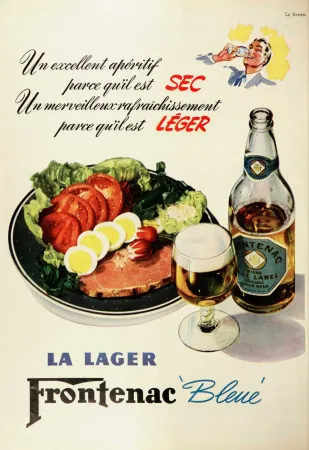












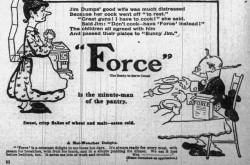
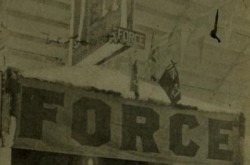
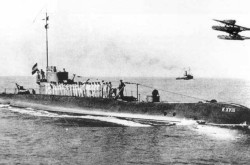
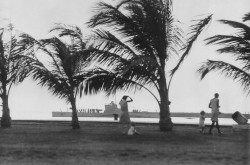
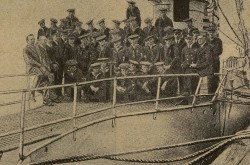
![A block of photographs showing some of the people involved in the bombing of beluga whales in the estuary and gulf of the St. Lawrence River. Anon., “La chasse aux marsouins [sic]. » Le Devoir, 15 August 1929, 6.](/sites/default/files/styles/thumbnail_7/public/2024-09/Le%20Devoir%2015%20aout%201929%20page%206.jpg?h=584f1d27&itok=TppdLItg)
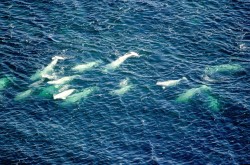
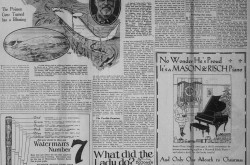
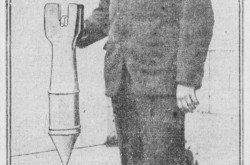
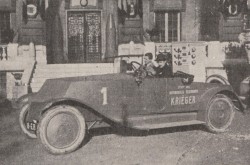
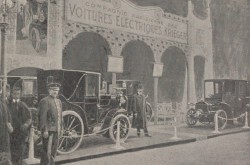
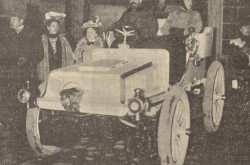
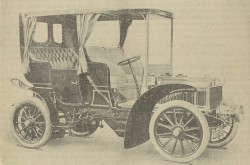

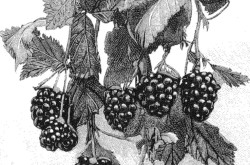
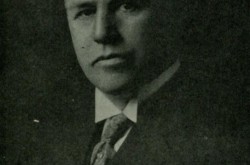
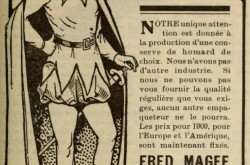
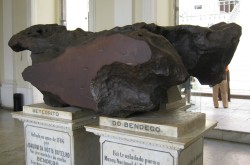
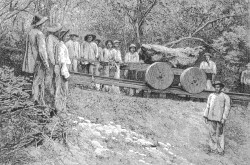
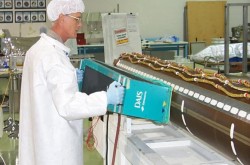
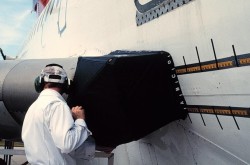
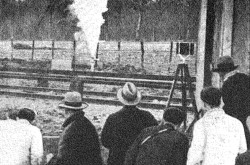
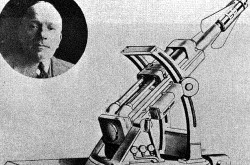
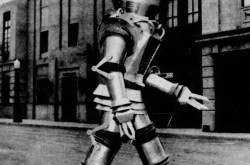

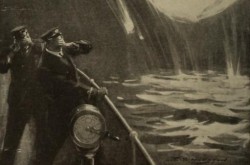
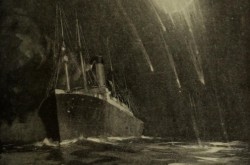
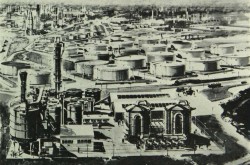
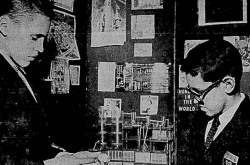
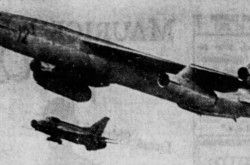
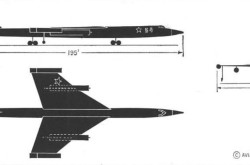
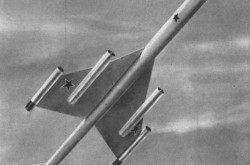
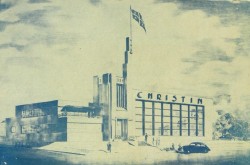
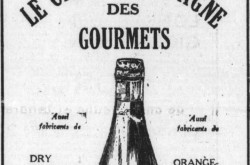
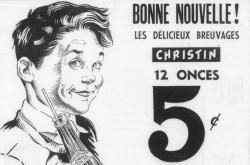
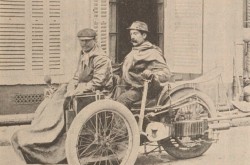
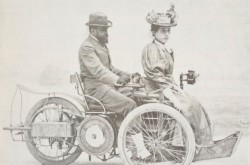
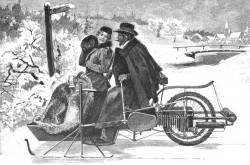
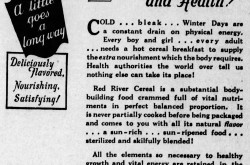
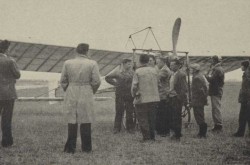
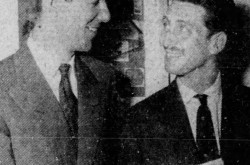

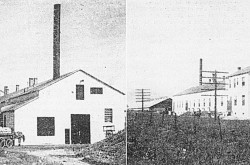
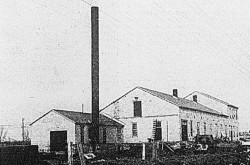
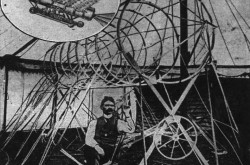
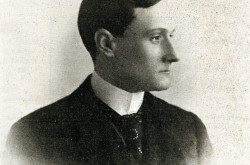
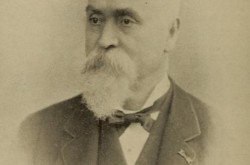
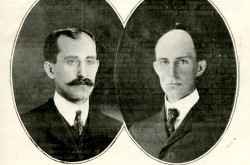
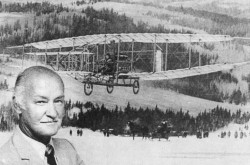
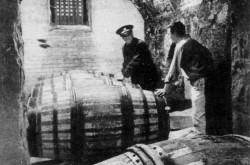
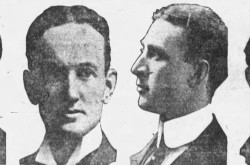
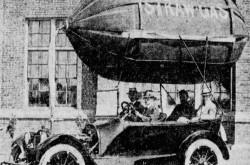
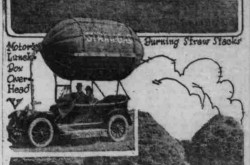
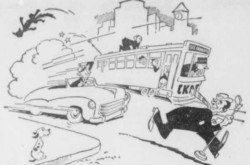
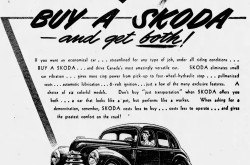
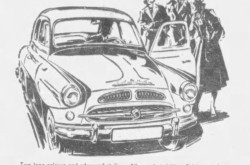
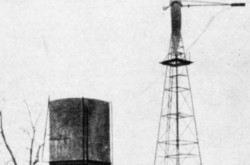
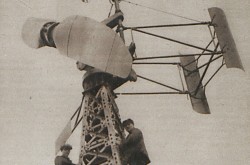
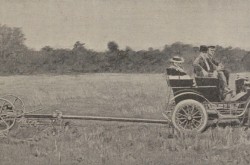
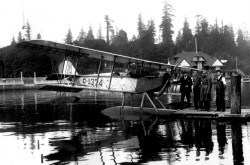
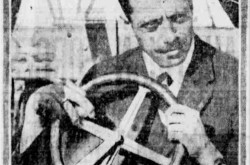
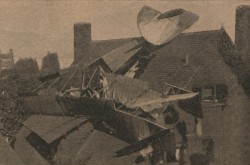
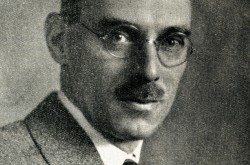
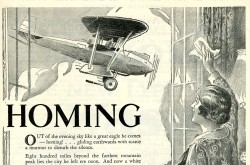

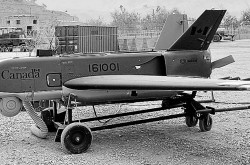
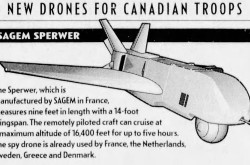
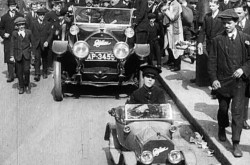
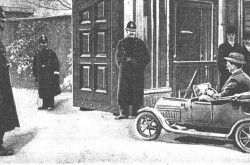
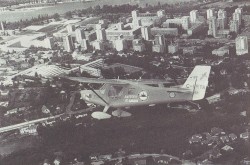
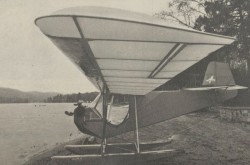
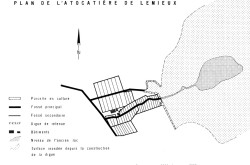
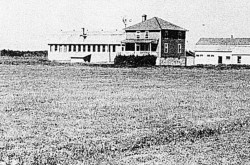
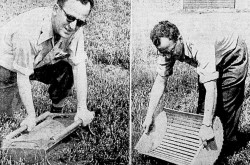
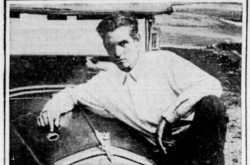
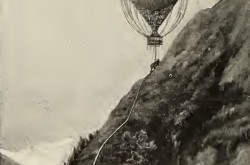
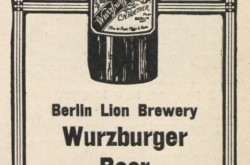
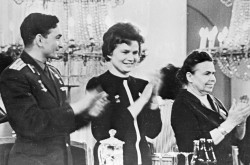
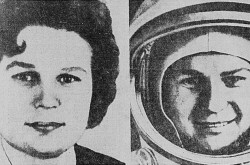
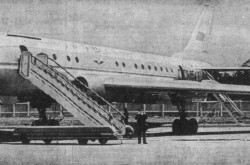
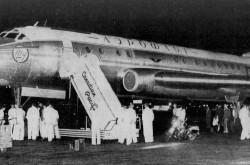
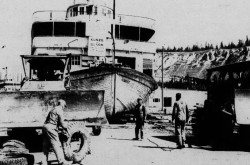
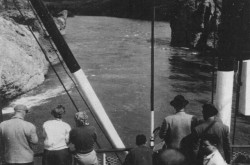
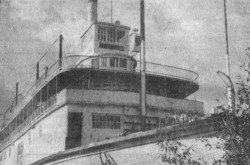
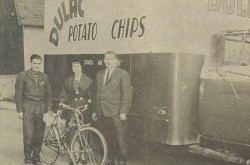
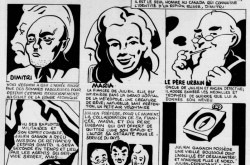
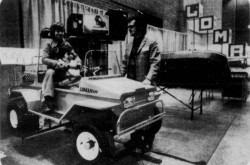
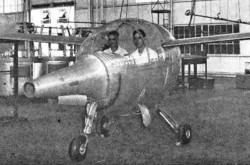
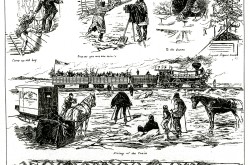
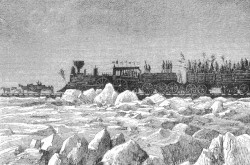
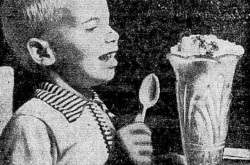
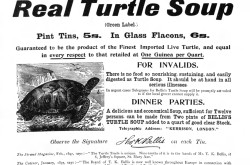
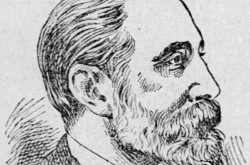
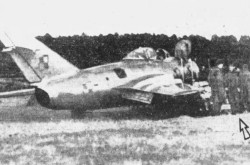
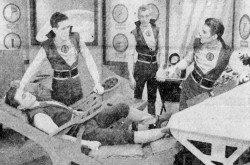
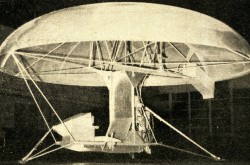
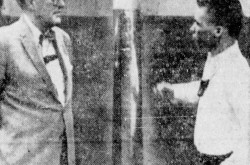
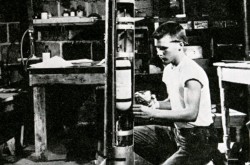

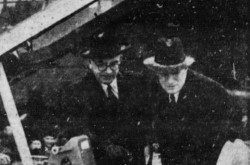
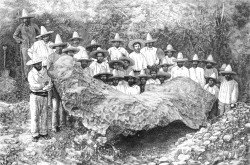
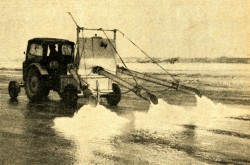
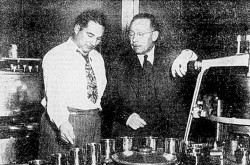
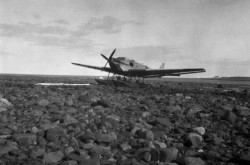
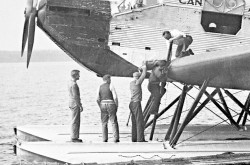
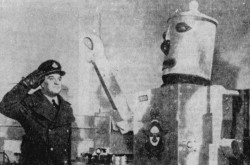
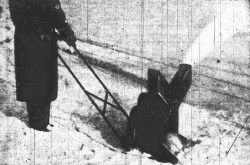
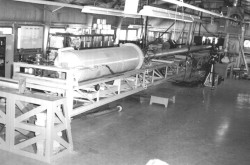
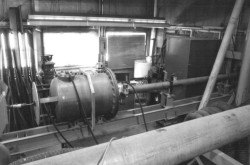
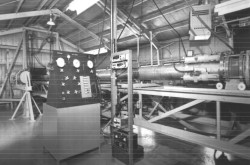
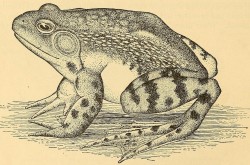
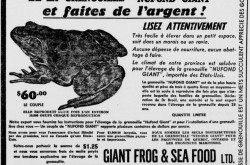
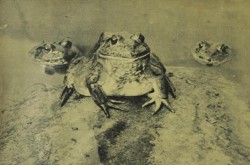
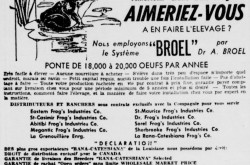
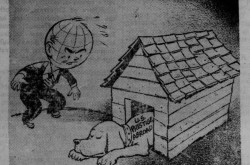
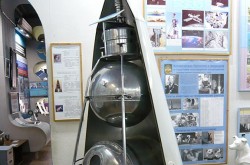
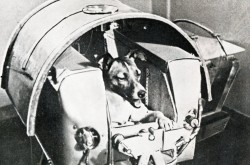
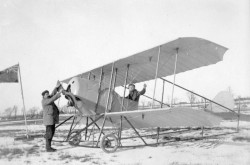
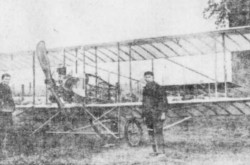
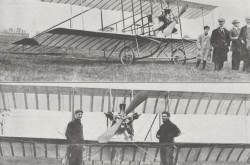
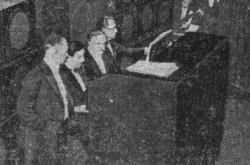
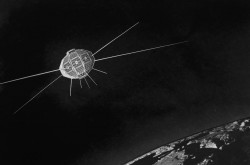
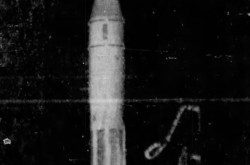
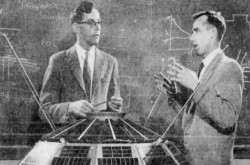
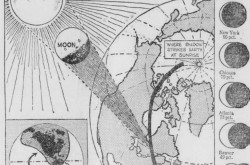
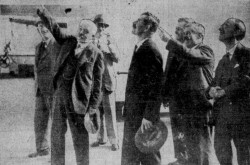
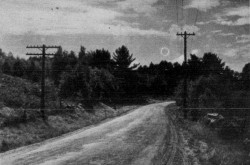

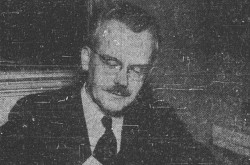
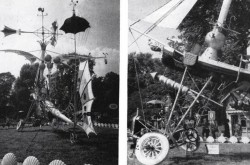
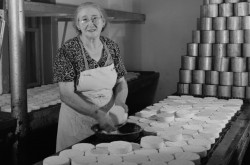
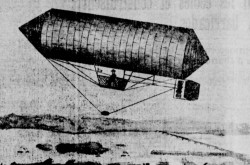
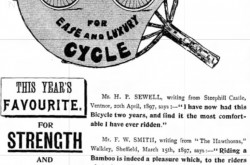
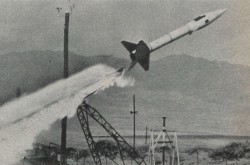
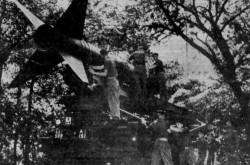
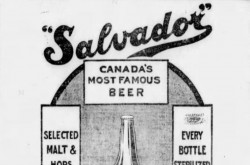
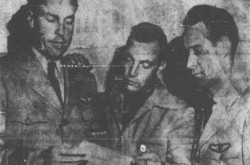
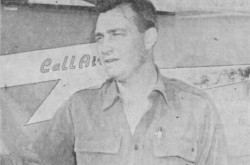
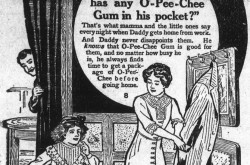
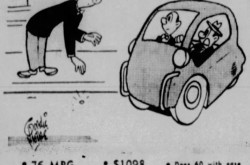
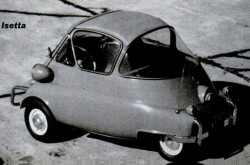
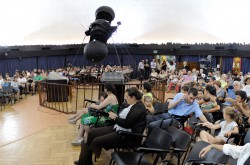
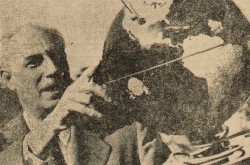
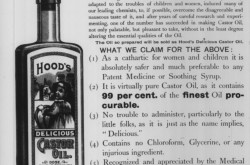
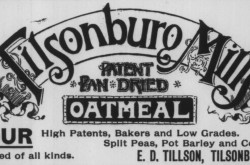
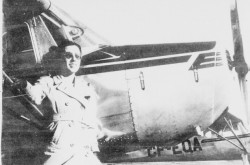
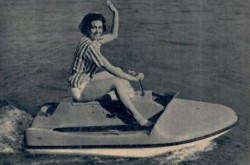

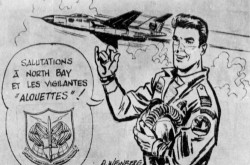
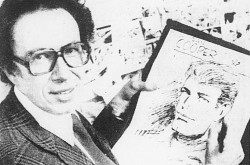
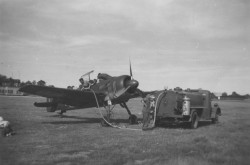
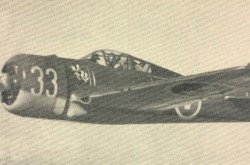
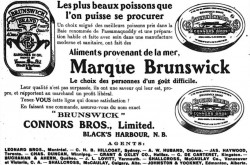
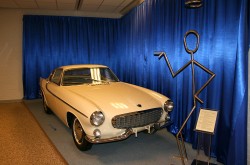
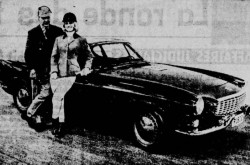
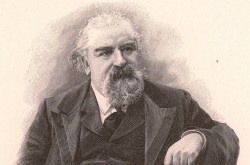
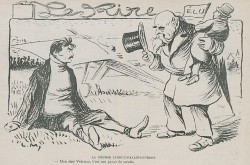
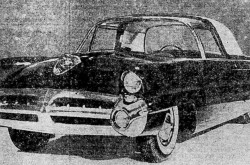
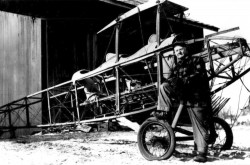
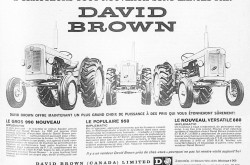
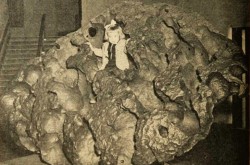
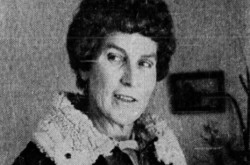
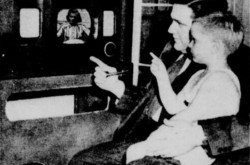
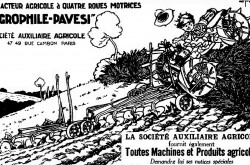
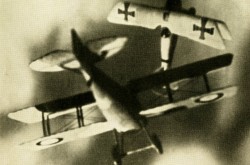
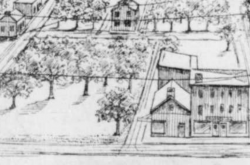
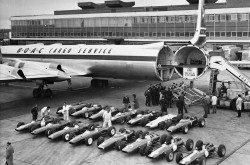
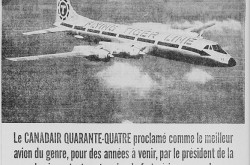
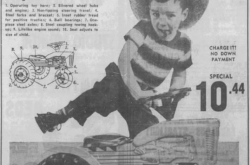
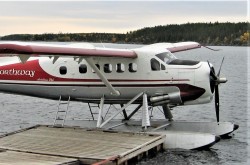
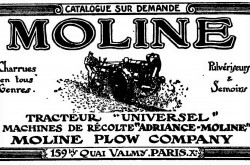
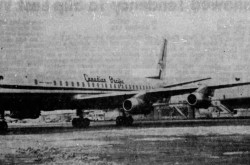
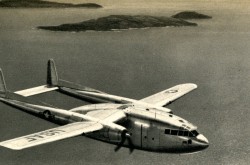
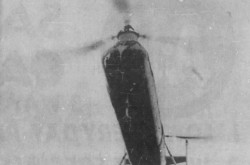
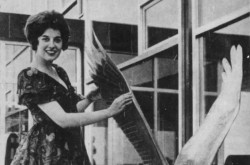
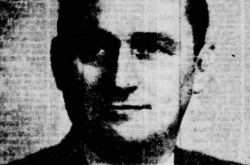
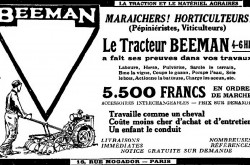
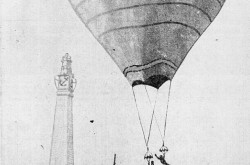
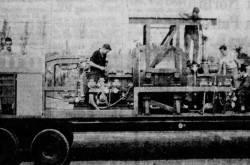
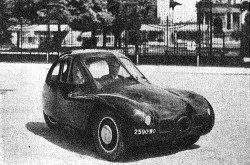
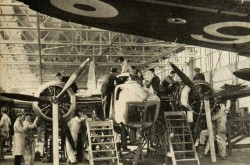

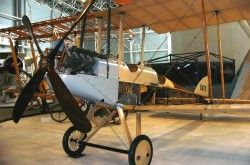
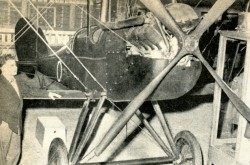
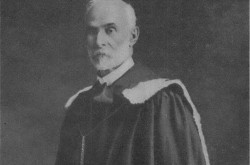
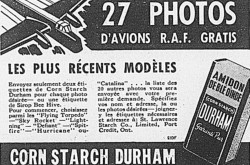
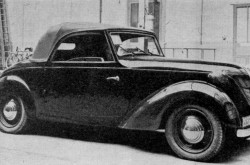
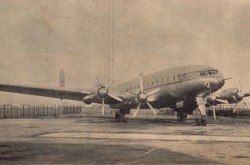
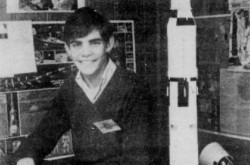
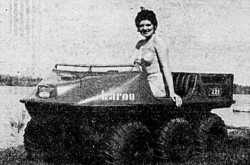
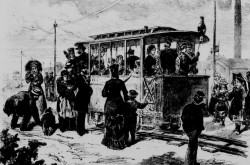
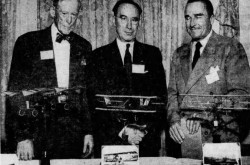
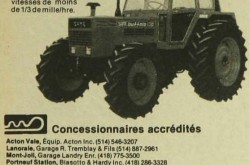
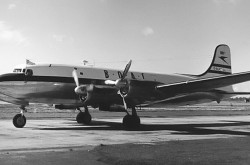
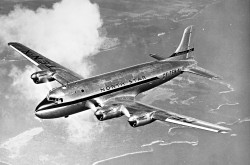
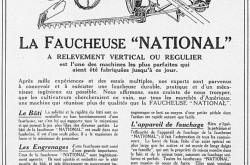
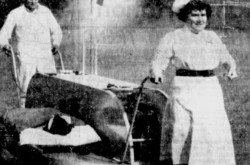
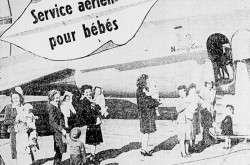
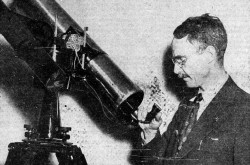
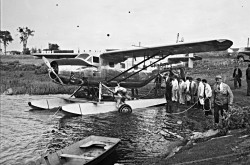
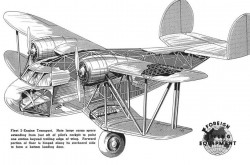
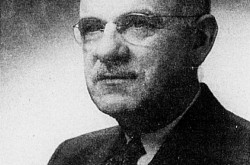
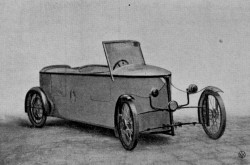
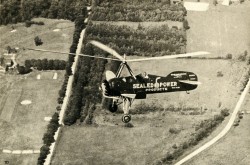
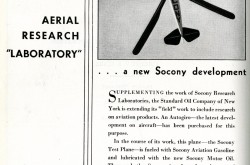
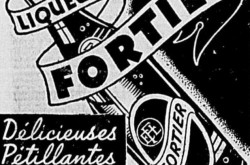
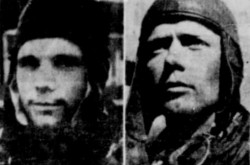

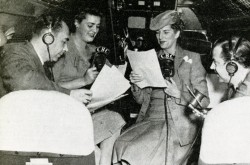
![Peter Müller at the controls [sic] of the Pedroplan, Berlin, Germany, March 1931. Anon., “Cologne contre Marseille – Le mystère du ‘Pédroplan.’ [sic]” Les Ailes, 2 April 1931, 14.](/sites/default/files/styles/thumbnail_7/public/2021-04/Les%20Ailes%202%20avril%201931%20version%20big.jpg?h=eafd0ed4&itok=WnBZ5gMf)
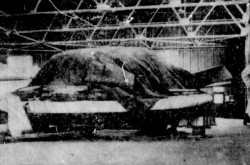
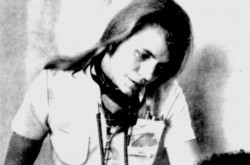
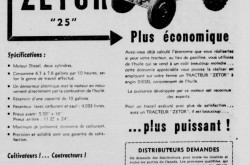
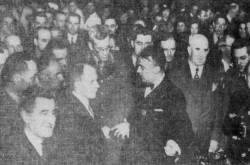
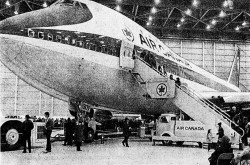
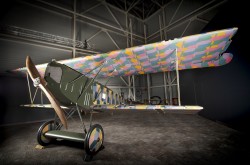
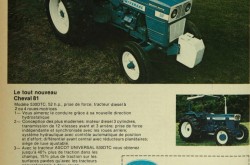
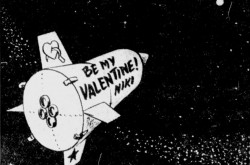
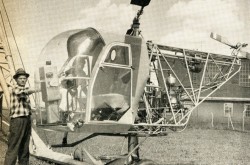
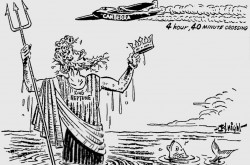
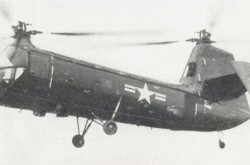
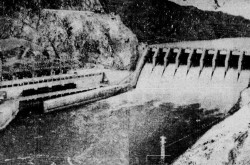
![One of the first de Havilland Canada Chipmunk imported to the United Kingdom. Anon., “De Havilland [Canada] DHC-1 ‘Chipmunk.’” Aviation Magazine, 1 January 1951, cover.](/sites/default/files/styles/thumbnail_7/public/2021-01/Aviation%20magazine%201er%20janvier%201951%20version%202.jpg?h=2f876e0f&itok=DM4JHe5C)
